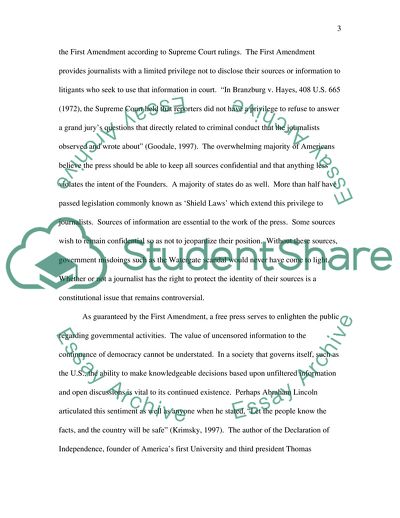Cite this document
(Free Speech is Essential in a Free Country Essay, n.d.)
Free Speech is Essential in a Free Country Essay. https://studentshare.org/social-science/1713564-freedom-for-speech-and-the-first-amendment
Free Speech is Essential in a Free Country Essay. https://studentshare.org/social-science/1713564-freedom-for-speech-and-the-first-amendment
(Free Speech Is Essential in a Free Country Essay)
Free Speech Is Essential in a Free Country Essay. https://studentshare.org/social-science/1713564-freedom-for-speech-and-the-first-amendment.
Free Speech Is Essential in a Free Country Essay. https://studentshare.org/social-science/1713564-freedom-for-speech-and-the-first-amendment.
“Free Speech Is Essential in a Free Country Essay”. https://studentshare.org/social-science/1713564-freedom-for-speech-and-the-first-amendment.


